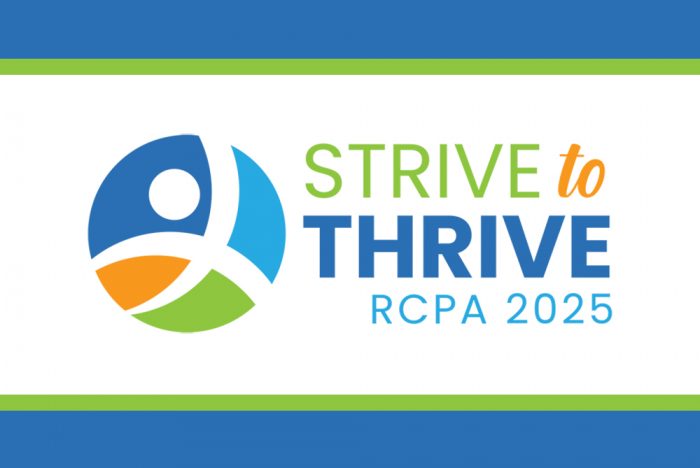Kehinde “Kenny” Solanke, MSW, LSW, will become Commissioner of the City of Philadelphia Department of Behavioral Health and Intellectual disAbility Services (DBHIDS), effective September 2. Philadelphia Mayor Cherelle Parker announced the selection of Solanke for the role on July 30. Solanke succeeds Interim Commissioner Marquita Williams and former Commissioner Jill Bowen.
As Commissioner, Solanke sets the vision and direction for the entire department. She administers all six DBHIDS divisions and is responsible for aligning priorities, coordinating efforts, and ensuring that everything the 1,000-plus team members do reflects the DBHIDS mission, vision, and values.
Solanke oversees a vast network of providers offering treatment and services to address mental health challenges, substance misuse, and the impact of social determinants of health on behavioral health and wellness.
Solanke most recently served as Senior Director of Operations for Crisis Services at DBHIDS, where she led transformative citywide initiatives, including the implementation of the 988 Suicide and Crisis Lifeline, expansion of 24/7 mobile crisis teams, and the launch of Philadelphia’s first Behavioral Health Urgent Care Center. She has also overseen critical city responses, including DBHIDS’s behavioral health strategy during the COVID-19 pandemic, managed multi-million-dollar funding portfolios, and championed the department’s equity framework to align services with community needs.
Throughout her career, Solanke has been a respected thought leader and advocate for transforming public behavioral health systems. She has testified before City Council, chaired statewide policy work groups, and represented Philadelphia at national forums — including coordinating with the US Secretary of Health and Human Services to mark the national rollout of 988. Her work has positioned Philadelphia as a leader in crisis system transformation while deepening public trust and strengthening the behavioral health safety net for thousands of residents.
A licensed social worker, Solanke holds a Master of Social Work degree from Temple University and has spent her career within the city’s behavioral health ecosystem, serving previously as Director of Policy and Planning at DBHIDS and Director of Clinical Management at the DBHIDS Division of Community Behavioral Health (CBH).
















